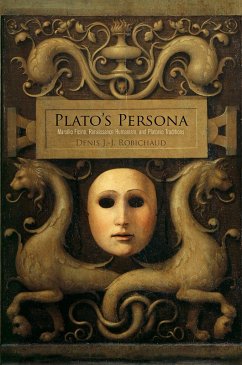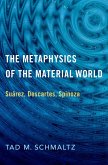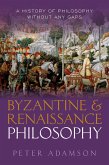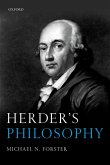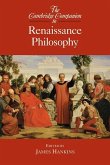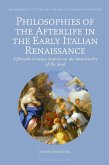In 1484, humanist philosopher and theologian Marsilio Ficino published the first complete Latin translation of Plato's extant works. Students of Plato now had access to the entire range of the dialogues, which revealed to Renaissance audiences the rich ancient landscape of myths, allegories, philosophical arguments, etymologies, fragments of poetry, other works of philosophy, aspects of ancient pagan religious practices, concepts of mathematics and natural philosophy, and the dialogic nature of the Platonic corpus's interlocutors. By and large, Renaissance readers in the Latin West encountered Plato's text through Ficino's translations and interpretation.
In Plato's Persona, Denis J.-J. Robichaud provides the first synthetic study of Ficino's interpretation of the Platonic corpus. Robichaud analyzes Plato's works in their original Greek and in Ficino's Latin translations, as well as Ficino's non-Platonic writings and correspondence, in the process uncovering new aspects of Ficino's intellectual work habits. In his letters and works, Ficino self-consciously imitated a Platonic style of prose, in effect devising a persona for himself as a Platonic philosopher. Plato's dialogues are populated with a wealth of literary characters with whom Plato interacts and against whom Plato refines his own philosophies. Reading through Ficino's translations, Robichaud finds that the Renaissance philosopher seeks an understanding of Plato's persona(e) among all the dialogues' interlocutors. In effect, Ficino assumed the role of Plato's Latin spokesperson in the Renaissance.
Plato's Persona is grounded in an extensive study of scholarship in Renaissance humanism, classics, philosophy, and intellectual history, and contextualizes Ficino's intellectual achievements within the contemporary Christian orthodox view of Platonism. Ficino was an influential figure in the early Italian Renaissance: the key intermediary between Greek and Latin, and between manuscript and print, giving voice to Plato and access to the ancient frameworks needed to interpret his dialogues.
In Plato's Persona, Denis J.-J. Robichaud provides the first synthetic study of Ficino's interpretation of the Platonic corpus. Robichaud analyzes Plato's works in their original Greek and in Ficino's Latin translations, as well as Ficino's non-Platonic writings and correspondence, in the process uncovering new aspects of Ficino's intellectual work habits. In his letters and works, Ficino self-consciously imitated a Platonic style of prose, in effect devising a persona for himself as a Platonic philosopher. Plato's dialogues are populated with a wealth of literary characters with whom Plato interacts and against whom Plato refines his own philosophies. Reading through Ficino's translations, Robichaud finds that the Renaissance philosopher seeks an understanding of Plato's persona(e) among all the dialogues' interlocutors. In effect, Ficino assumed the role of Plato's Latin spokesperson in the Renaissance.
Plato's Persona is grounded in an extensive study of scholarship in Renaissance humanism, classics, philosophy, and intellectual history, and contextualizes Ficino's intellectual achievements within the contemporary Christian orthodox view of Platonism. Ficino was an influential figure in the early Italian Renaissance: the key intermediary between Greek and Latin, and between manuscript and print, giving voice to Plato and access to the ancient frameworks needed to interpret his dialogues.
Dieser Download kann aus rechtlichen Gründen nur mit Rechnungsadresse in A, D ausgeliefert werden.

